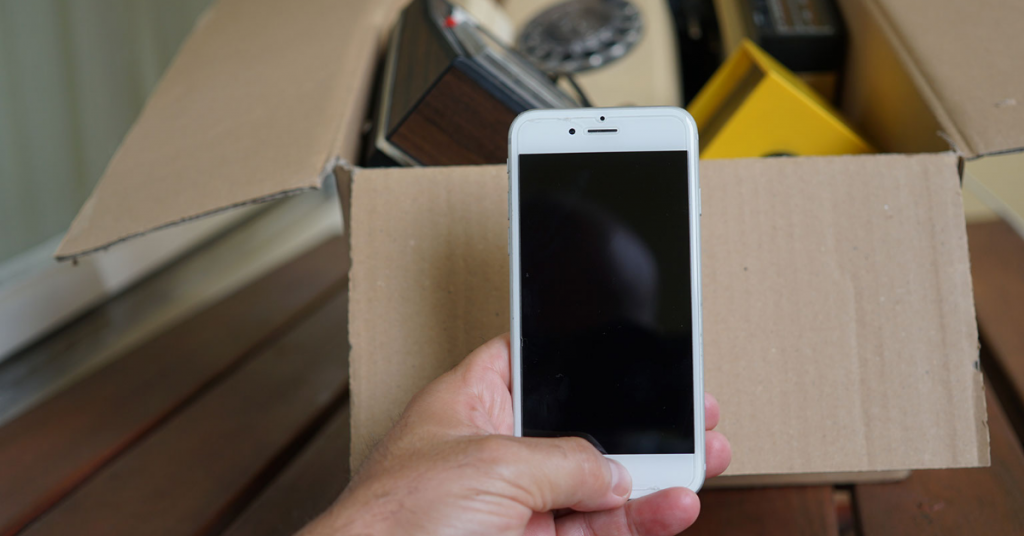CVWMA works to make electronics recycling simple and convenient.
Why recycle electronics?
Electronics are everywhere. The average American uses 28 electronic devices, according to the Consumer Electronics Association.
Most of these devices contain dangerous heavy metals, including lead, silver, barium, cadmium, chromium and mercury. Electronics that go to a landfill or end up in the environment could contaminate soil, water or air.
Our computers, smartphones, tablets and other devices also contain personal data that must be destroyed securely.
Recycling is one way to responsibly manage the lifecycle of our electronic devices.
Electronics should only be recycled by reputable vendors or through special collection events. Trained e-cycling contractors securely and strategically dismantle devices to remove component parts. Some of these parts may be refurbished for continued use.
Never place electronics in curbside or drop-off recycling.
Since 2006, more than 5.6 million pounds of electronic waste has been recycled through CVWMA’s program.
Special e-cycling collections
Check the events calendar for upcoming electronics recycling events. Localities frequently host events for their residents in partnership with CVWMA.
Fees apply to recycle some items.
Proof of residency in the host locality often is required.
Permanent drop-off locations
Some CVWMA member localities offer electronics recycling at their convenience centers.
For details, check your locality’s CVWMA webpage or call your local public works department.
Use the Recycling Wizard to find out where to recycle electronics in your locality.
Other resources
- Advanced Technologies Recycling
- Best Buy
- Goodwill Industries
- Securis
- Tech for Troops

